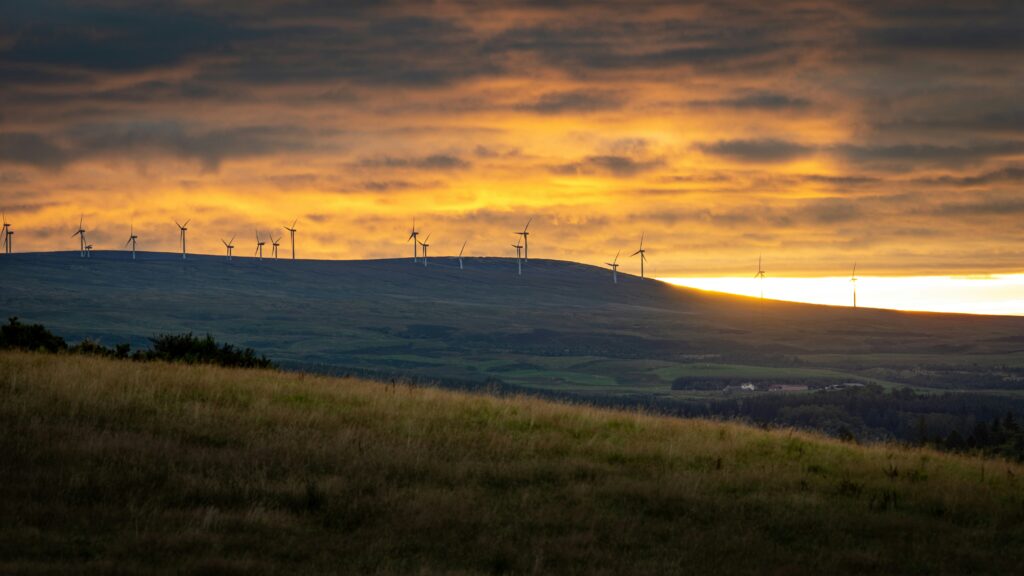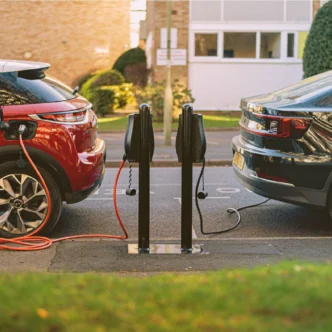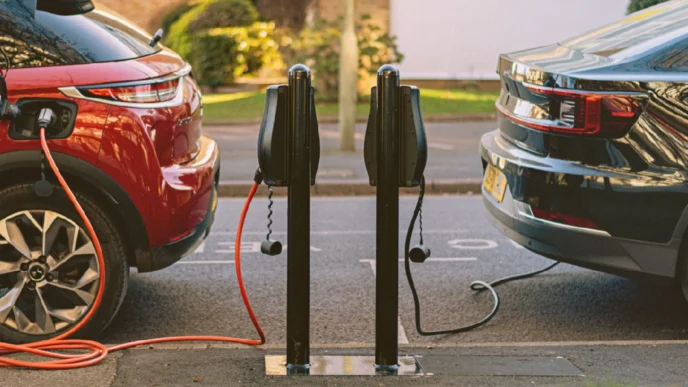In 2024, the Labour government set the stage for one of its most ambitious policies: Great British Energy (GB Energy)—a publicly-owned renewable energy investment company. Backed by £8.3 billion, GB Energy promises to boost UK energy independence, lower bills, and create green jobs.
However, the policy has drawn mixed reactions. Supporters see it as a much-needed intervention to accelerate clean energy projects, while critics warn it could become an expensive state-run experiment that fails to deliver real savings.
So, what exactly is GB Energy? And will it work? Let’s break it down.
What is Great British Energy?
GB Energy is a state-owned investment body, designed to fund, own, and manage renewable energy projects across the UK. Unlike a traditional nationalised energy provider, it will partner with private firms while owning stakes in renewable energy projects.
Key Objectives of GB Energy:
• Funding & Owning Clean Energy Projects – Initially taking minority stakes in offshore wind, hydrogen, nuclear, and carbon capture projects.
• Developing New Energy Infrastructure – Partnering with The Crown Estate to expand offshore wind, aiming to power 20 million homes.
• Boosting Local & Community Power – Supporting local councils and communities to develop small-scale energy projects.
• Strengthening UK Supply Chains – Reducing reliance on foreign energy imports.
• Supporting Nuclear Expansion – Exploring partnerships with Great British Nuclear.
GB Energy’s headquarters will be in Aberdeen, with satellite offices in Edinburgh and Glasgow. The company aims to generate 8GW of renewable energy by 2030.

Why Did Labour Create GB Energy?
The rationale behind GB Energy comes from five major energy challenges the UK faces:
1. Energy Security & Independence
The UK still relies heavily on imported fossil fuels, leaving households vulnerable to global price shocks. GB Energy aims to boost homegrown energy production, reducing this reliance.
2. High Energy Bills
Labour argues that a state-owned player in the energy sector can stabilise prices and protect UK consumers from market volatility.
3. Climate Crisis & Net Zero Goals
The UK has pledged to fully decarbonise its power system by 2030. GB Energy is meant to help accelerate investment in offshore wind, nuclear, and emerging green tech.
4. Foreign Ownership of UK Energy
Currently, many UK energy assets are owned by foreign governments or investors. GB Energy aims to keep profits within the UK.
5. Green Jobs & Industrial Growth
By backing UK-based renewables, Labour hopes GB Energy will create thousands of skilled jobs while boosting local supply chains.
Will GB Energy Actually Work? The Big Questions
1. Will It Lower Energy Bills?
Labour insists that public ownership will shield consumers from rising energy costs. However, critics argue that bills won’t fall overnight, since renewable energy requires heavy upfront investment before savings materialise.
✅ Positive Take: If managed well, GB Energy could cut long-term energy costs by reducing the UK’s reliance on expensive imported fossil fuels.
❌ Critical View: In the short term, taxpayers may bear the financial burden before any bill reductions materialise.
Check out more information on how renewables affect your bills
2. Can a Government-Run Energy Company Compete?
Most European countries with public energy firms (like Norway’s Statkraft and Denmark’s Ørsted) run them alongside private-sector competition. The challenge for GB Energy will be operational efficiency—can it function like a business, or will political bureaucracy slow it down?
✅ Positive Take: GB Energy could fill gaps in risky, early-stage projects that private investors avoid.
❌ Critical View: State-run entities often struggle with efficiency and competition. If mismanaged, GB Energy could waste taxpayer money.
3. How Will It Be Funded?
Labour plans to fund GB Energy with £8.3 billion—partly raised through windfall taxes on fossil fuel companies.
✅ Positive Take: A publicly-owned company reinvesting profits could help fund new renewable projects over time.
❌ Critical View: Relying on fossil fuel taxes is risky—if oil and gas revenues decline, will taxpayers cover the shortfall?
4. What Do Opponents Say?
GB Energy has faced opposition from the Conservatives, who argue it could lead to higher taxes and energy bills. Some critics have branded it “Giant Bills Energy”, questioning its financial sustainability.
✅ Supporters argue: Public ownership keeps profits within the UK, rather than flowing to foreign investors.
❌ Critics warn: State-backed energy could become inefficient and fail to deliver cost savings.
A Game-Changer or a Risky Bet?
Great British Energy is a bold intervention in the UK’s energy market. If it delivers on its promises, it could strengthen energy independence, create jobs, and lower bills.
However, its success depends on execution. Bureaucracy, inefficiency, and funding risks could turn it into a costly failure rather than a national success story.
The coming years will determine whether GB Energy becomes a green powerhouse or another expensive government gamble.
🔗 External Link
👉 “According to BBC News, GB Energy aims to power 20 million homes.”














